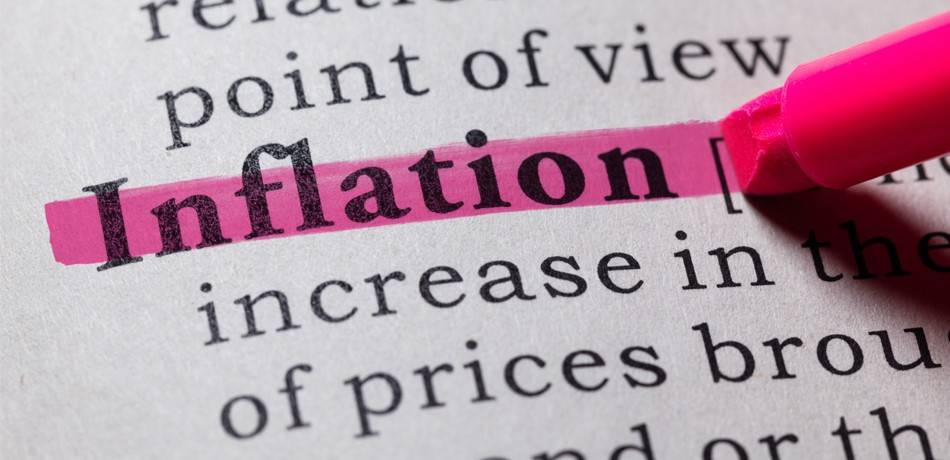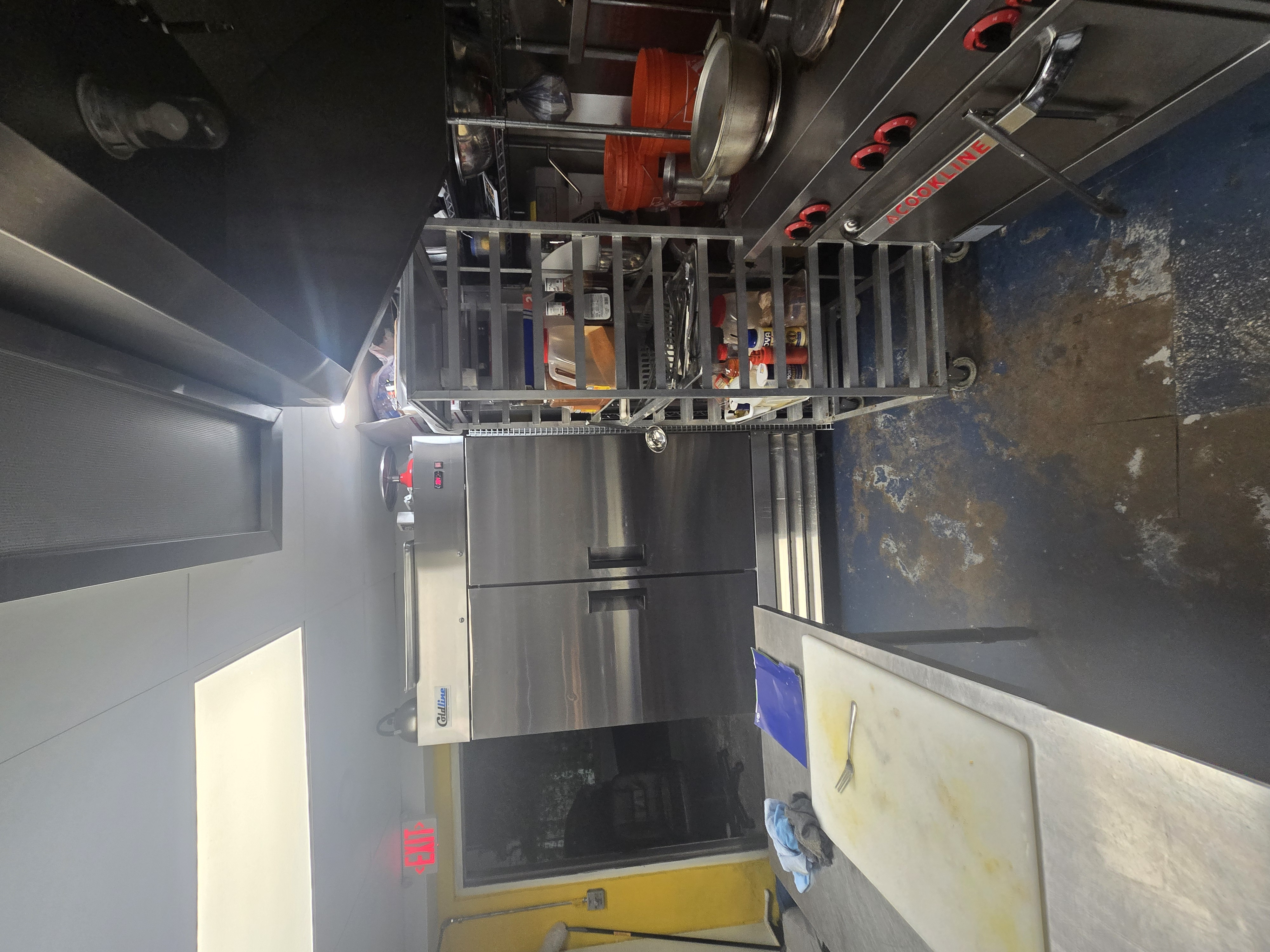
How Inflation Impacts the Sale of your Small Business
From the pandemic’s supply chain issues to the current worries over rising inflation, many small businesses have struggled to adapt to the sudden shifts in today’s economy. With inflation in June hitting 9.1%, more than the Dow Jones estimate of 8.8% for the month, more and more businesses are worrying about how exactly inflation has and will impact their business and if now is the time to sell.
Let’s examine the major factors involved:
Rising prices
While the Fed has raised interest rates to help offset the recent surge in inflation, those increases take some time to work. In the meantime, inflation has increased the cost of raw materials, creating a domino effect of increased prices. What does this mean for a small business?
To start, it means that what the business pays for supplies and services to keep their company afloat has increased. They can raise their prices to offset how much more they are spending on materials. The drawback of this option is that some customers simply may not be able to absorb the extra expense, and you lose their business.
Overhead expenses
Next, many small businesses have been looking for ways to cut costs to offset the rising inflation. This can be done by reducing inventory, making budget cuts, or simply getting creative with new ways to bring in money.
But ongoing labor shortages and supply chain issues may make this option more challenging than normal. Additionally, as consumers and other businesses look to tighten their purse strings, many small businesses may find themselves facing delayed or canceled orders, which further cut into their profits.
Narrower profit margins
The final option for a small business is to simply accept a slimmer profit margin, meaning less money to save or funnel back into the business. Inflation doesn’t just affect businesses, it affects consumers as well, who must search for ways to make their paychecks go further.
You may find your business’s growth begin to slow or flatten. Over time, it may even become harder to turn a profit. If selling your small business is on the table, the more profit your business is making, the more it’s worth. Maximizing what you can earn from the sale of your business is something a broker can help with, both to ensure your business stays profitable before the sale and is valued correctly to get you the most money possible.
Wondering how much your small business is worth? Try our business valuation calculator tool to get a clear understanding of your company’s potential value. Aniss Cherkaoui gathers all the information needed to value and list your small business for sale, ensuring you are getting the best return on your years of investments.
Some small businesses may try one of these three options or a combination of several (or all) to combat the impact of inflation on their bottom line. Still others may decide the best option for them is to sell.
If selling is something a business is considering, now might be the right time before an additional interest rate hike. The more rates increase, the harder it may be to get a loan, meaning your business may have fewer buyers able to secure funding. Additionally, despite inflation’s current effects, the economy is still growing, meaning you stand to make more of a profit now on the sale of your business than you may in the future. Finally, it may be easier to find a buyer now, should inflation get worse and fewer buyers are willing or able to take on additional debt.
During uncertain times, it helps to have the assistance of a professional broker. Aniss Cherkaoui is here to help facilitate your business sale — especially during a fast-moving market. Schedule a FREE consultation today with Aniss Cherkaoui to get started.
YOU HAVE QUESTIONS?
Fill out this form and we’ll reach out to discuss your needs. Full confidentiality is assured.



















